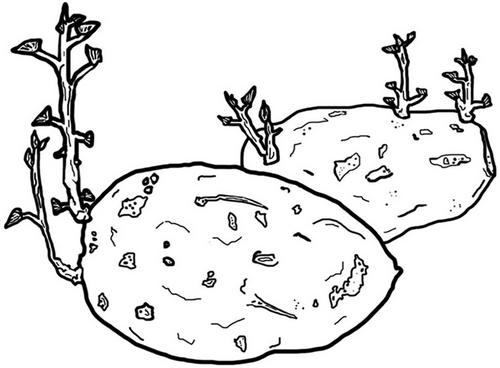It's like Jenga: A collaborative autoethnography study into facilitators' experiences of a person-centred community of practice, focused on critical thinking skills for counselling and psychotherapy students
Abstract
Background
Communities and groups based on person-centred theoretical principles are often a core part of counselling and psychotherapy training within this modality, yet no research has been undertaken that considers these groups as a community of practice . Furthermore, no research has been undertaken that explores the impact of these groups when they are run alongside, rather than as part of, the curriculum.
Aims
This study explores our experiences of facilitating a community of practice for trainee personcentred/experiential therapists that focused on critical thinking skills. This community was established over a 12-week period and was attended by students from across 3-year groups.
Methods
Using collaborative autoethnography to explore these encounters, we identify four key aspects of our experience of this community.
Results
The following aspects were identified: (1) Fecund and Fruitful—A Space for Growth; (2) Freedom to Learn; (3) Jenga!—Navigating the Dimensions of Community Facilitator; and (4) Power and Control.
Discussion
This study centres on the idea of student-centred learning as a way of challenging hegemonic notions of education and learning within higher educational settings.
Conclusion
These findings could help others set up and facilitate other communities of practice based on person-centred principles, in counselling and psychotherapy training, or other associated fields of study.


 求助内容:
求助内容: 应助结果提醒方式:
应助结果提醒方式:


